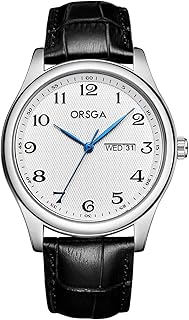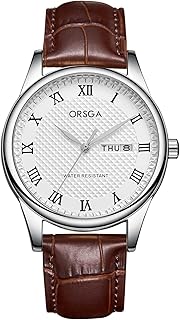The luxury market in the UAE is experiencing a significant transformation driven by legal trends and opportunities that are reshaping the landscape for luxury brands. This evolution is not just about high-end storefronts but positioning the country as a strategic hub for global luxury operations. The regulatory reforms, improved market access, and economic diversification efforts are rapidly changing the scene, offering luxury brands a favorable environment to establish a strong regional presence.
Historically, international luxury brands entered the UAE market through franchising and commercial agency models, limiting their control over operations and brand integrity. However, with the introduction of laws allowing 100% foreign ownership, luxury brands now have the option to establish wholly owned subsidiaries, enabling them to have direct control over branding, operations, and customer experience.
The UAE’s free zones have also emerged as attractive options for luxury brands looking to expand strategically. These zones offer various incentives such as tax exemptions and customs facilitation, making them appealing for setting up regional distribution centers, digital commerce hubs, or innovation labs with reduced bureaucracy.
The Commercial Agencies Law reform in the UAE has introduced greater flexibility for foreign principals by allowing them to terminate non-performing agents and appoint multiple agents across different regions. This change enables luxury brands to have better control over market segmentation and brand representation.
As the UAE luxury market embraces digital transformation, luxury brands are adapting to meet the growing demand for premium e-commerce experiences. With the high internet penetration rate in the UAE, luxury brands are leveraging digital platforms to enhance customer engagement and drive online sales.
To protect their brand integrity in the UAE market, luxury brands need to prioritize intellectual property registration and enforcement. By registering trademarks proactively and collaborating with customs authorities, luxury brands can mitigate the risks of counterfeiting and unauthorized reselling, maintaining their exclusivity in the market.
The UAE has established a robust IP enforcement ecosystem with stringent penalties for violations, demonstrating the government’s commitment to safeguarding the interests of brand owners. Luxury brands that actively engage with this enforcement framework can reduce their exposure to IP threats and preserve their brand exclusivity.
In conclusion, compliance with legal and regulatory frameworks in the UAE luxury market is no longer just about avoiding penalties but has become a strategic lever for growth and market credibility. By investing in understanding and aligning with local laws, luxury brands can navigate risks effectively and unlock value in the region, reinforcing trust with stakeholders and signaling a commitment to responsible growth in the competitive luxury market.
📰 Related Articles
- UAE Cake Trends 2025: Innovation, Luxury, and Sustainability Unveiled
- Soybean Futures Market Analysis: Trends, Insights, and Strategies
- eBay Report Reveals Fall 2025 Luxury Fashion Trends
- Why Luxury Fashion Appeals to Gen Z Investors: Investment Trends and Caution
- Western Europe Women’s Intimate Care Market Trends Towards Personalization






